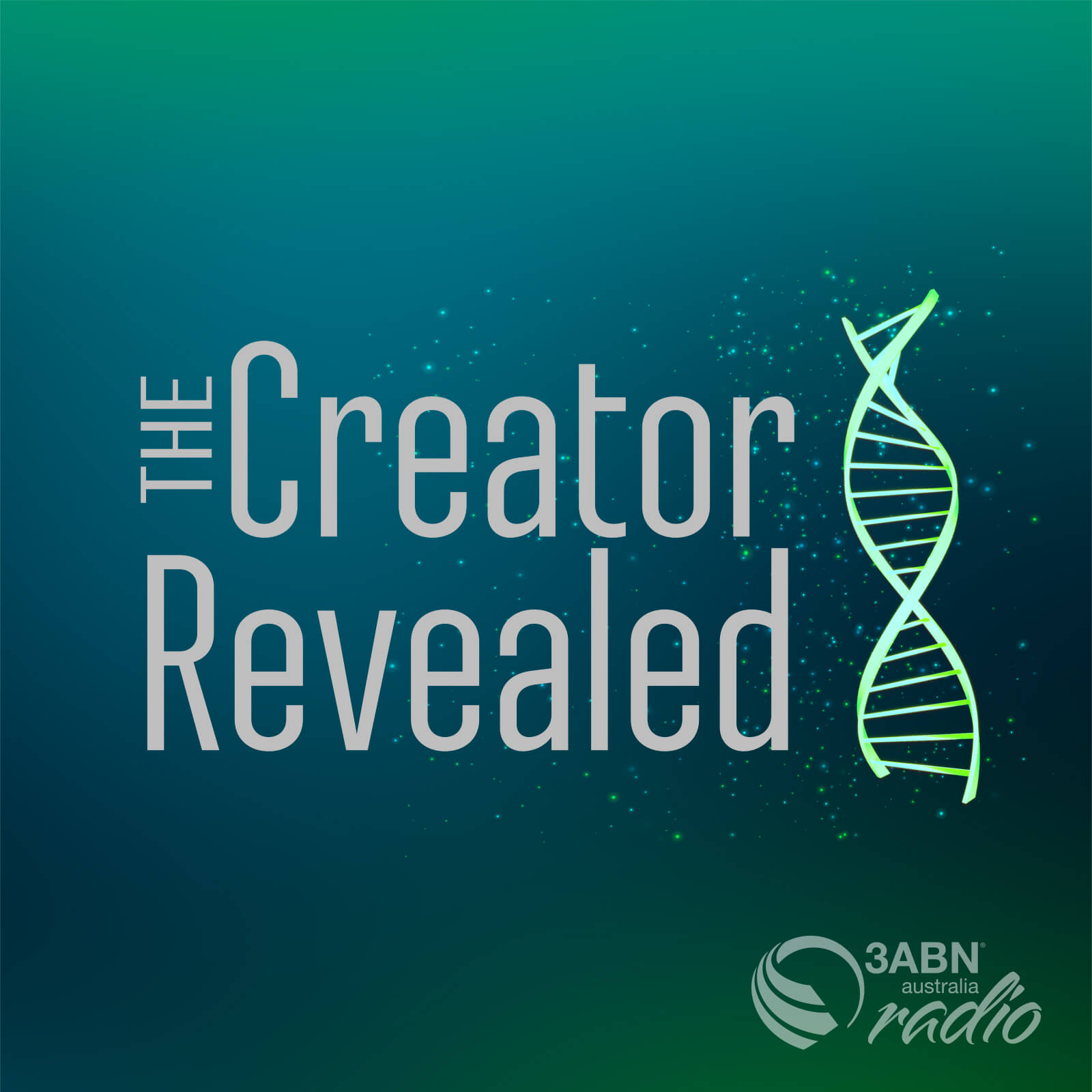Living things provide abundant evidence of their relatively recent creation. Claims that life, and death, are billions of years old exploit the fact that we can’t do time travel to see if they are true. All we can do is consider the record of the past we have in God’s Word and in His creation. Join us as we examine just a little of the clear evidence that life on Earth is thousands rather than millions of years old.

Have you ever had the opportunity to examine a real fossil? Maybe you have seen dinosaur bones or shells encased in rock. Do these...

Are other creatures fundamentally different from humans? The surprising answer is both “Yes” and “No”. Why does the biblical account of creation lead us...

Christians understand the basic facts of creation from the biblical record. This doctrine is foundational to the biblical worldview and all other biblical doctrines....